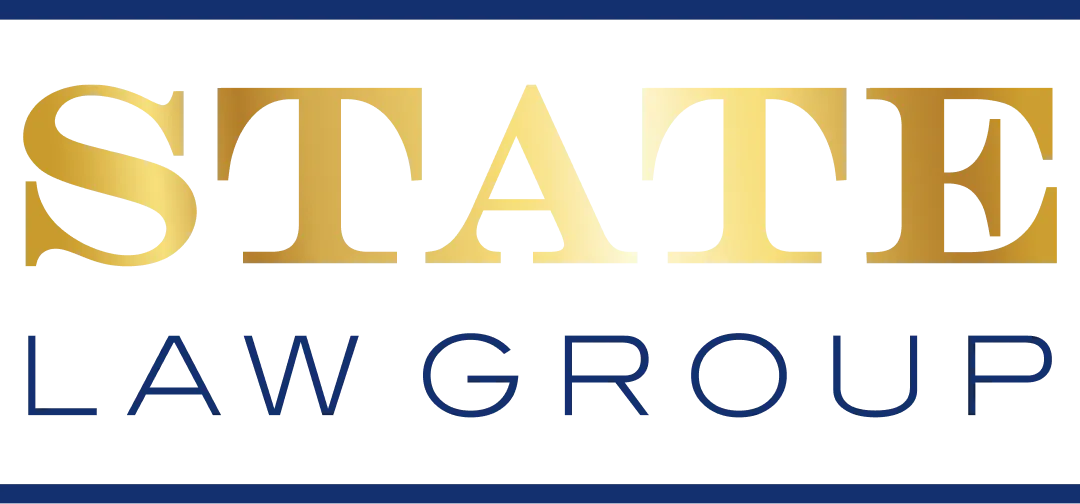In business, disagreements over payments can escalate quickly, leading to strained relationships and potential legal battles. At State Law Group, we understand that resolving these disputes effectively requires a blend of legal expertise, negotiation skills, and a deep understanding of financial intricacies. This case study showcases how we helped our client, navigate a challenging debt settlement through a Deed of Release, allowing them to move forward with clarity and peace of mind.
Key Takeaways
- Thorough Document Review is Essential: Understanding the details of financial transactions and agreements is critical in resolving disputes and ensuring that settlements are based on accurate information.
- Negotiation Skills Matter: Effective negotiation can lead to favourable outcomes without the need for prolonged litigation, saving time and money for all parties involved.
- Clear Documentation Provides Closure: A well-drafted Deed of Release not only resolves the immediate dispute but also provides a framework to prevent future issues, offering peace of mind.
The Situation: A Dispute Over Unpaid Invoices
The dispute revolved around unpaid invoices for services rendered under a series of agreements. The claimant, having provided the agreed services, issued invoices expecting timely payment. However, discrepancies arose between the amounts claimed and those acknowledged by our client. This led to our client disputing the terms and amounts, resulting in their refusal to pay the full sum claimed. As tensions escalated, the claimant decided to initiate legal proceedings to recover the debt, placing our client in a difficult position.
The challenge was clear: reconcile the differences between the invoices and the actual services provided, address the client’s concerns, and find a resolution that would satisfy both parties without dragging the matter through a lengthy court battle.
Challenges: Navigating a Financial Records
This case wasn't just about numbers; it involved complex financial transactions and agreements, making it more than just a simple dispute over payment. We had to navigate several challenges to achieve a successful resolution:
- Complex Financial Transactions: The financial transactions involved were intricate, requiring a detailed understanding to validate the amounts in dispute. We needed to delve deep into the records to understand every aspect of the agreements and invoices.
- Disputed Claims: The discrepancies between the claimant’s invoices and our client’s accounts were significant. We had to address these discrepancies head-on to ensure that the amounts being claimed were justified and accurate.
- Negotiation: Finding common ground between the two parties required skilful negotiation. Our goal was to reach a settlement that would be acceptable to both, avoiding further escalation and legal costs.
Strategy: Clearing the Path to Settlement
At State Law Group, we approach every case with a tailored strategy, ensuring that our client’s interests are protected while striving for a fair and equitable resolution. Here’s how we handled this case:
- Document Review: Our first step was to conduct a comprehensive review of all relevant documents. This included financial records, agreements, and the invoices issued. By meticulously examining these documents, we could establish a clear picture of what was owed and why discrepancies existed.
- Negotiation: Armed with detailed information, we engaged in negotiations with the claimant. We leveraged the documented evidence to challenge any unjustified claims and highlighted legal arguments to support our client's position. This detailed approach helped to create a platform for constructive dialogue.
- Deed of Release: Once both parties agreed on the settlement terms, we drafted a Deed of Release. This document formalised the settlement, outlining the agreed payment and ensuring that both parties understood the terms. The Deed of Release also included a mutual release from any future claims related to this dispute, providing closure for both parties.
The Outcome: Resolution and Relief
The outcome was a win-win situation for all involved. Our strategic approach and effective negotiation led to a settlement that avoided the need for further litigation and provided a clear resolution. Here’s what was achieved:
- Settlement Terms: Both parties agreed to a full and final settlement, with our client paying a specified settlement amount to the claimant. This payment was made promptly, ensuring that the matter was resolved efficiently.
- Mutual Release: The Deed of Release included a mutual release, meaning that both parties agreed not to pursue any future claims related to the dispute. This provision was crucial in providing peace of mind and preventing further legal complications.
- Execution: With the Deed of Release executed and the settlement amount paid, the dispute was effectively resolved. Both parties could move forward without the shadow of unresolved issues hanging over them.
Moving Forward: Trust State Law Group for Your Legal Needs
This case demonstrates the importance of having a skilled legal team to navigate complex disputes. At State Law Group, we pride ourselves on our ability to handle commercial disputes with expertise and care. Whether you’re dealing with unpaid invoices, contractual disagreements, or other business disputes, we’re here to help you find a resolution that works.
If your business is facing a financial dispute, don’t let it escalate. Contact State Law Group today, and let us help you clear the path to resolution.
FAQs
- What is a Deed of Release?
- A Deed of Release is a legal document that formalises a settlement agreement, releasing both parties from future claims related to the dispute.
- How can negotiation help resolve business disputes?
- Skilled negotiation can lead to a mutually agreeable settlement, avoiding the costs and time associated with litigation.
- What should I do if my business is facing a dispute over unpaid invoices?
- Contact a legal professional to review your case. Early legal advice can help you understand your options and find a resolution.








